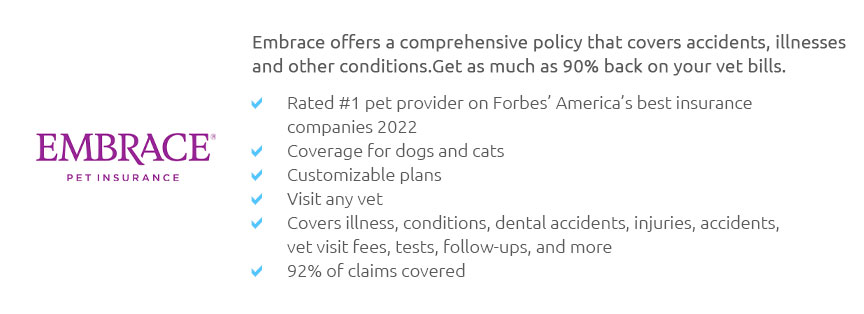 |
 |
 |
 |
 |
 |
|
 |
|
 |
|
 |
|
 |
|
 |
 |
 |
 |
 |
 |
 |
 |
Understanding Senior Dog Pet Insurance: A Comprehensive GuideAs our beloved furry companions age, they require extra care and attention, much like any senior member of the family. Senior dog pet insurance emerges as a beacon of financial relief and support, ensuring that our aging pets receive the medical care they deserve without putting an undue strain on our wallets. With a plethora of options available, choosing the right insurance plan can be overwhelming. This article delves into the intricacies of senior dog pet insurance, highlighting its benefits, key features, and why it’s a worthy investment for every pet owner. First and foremost, it's crucial to understand what senior dog pet insurance entails. Unlike standard pet insurance, which covers a broad age range, senior dog insurance is specifically tailored to address the health issues commonly faced by older dogs. These policies often cover a range of services including regular veterinary check-ups, medications, surgeries, and even specialized care like physiotherapy or acupuncture, which can be pivotal for dogs suffering from arthritis or other age-related ailments. Why Consider Senior Dog Pet Insurance? One might wonder why there is a need for a specialized insurance plan for senior dogs. The answer lies in the inevitability of age-related health issues. As dogs age, they are prone to a myriad of health problems such as joint disorders, diabetes, heart disease, and even cancer. Treatments for these conditions can be exorbitantly expensive, and without insurance, pet owners might find themselves in financially strenuous situations. By investing in a senior dog insurance plan, you not only safeguard your finances but also ensure that your furry friend receives the best possible care. Key Features and Highlights
While the advantages are numerous, it's also important to consider some potential downsides. Premiums for senior dogs tend to be higher due to the increased risk of health issues. However, the benefits often outweigh the costs, especially if your dog requires ongoing medical care. Frequently Asked QuestionsWhat is the best age to get senior dog insurance? While it's never too late to insure your dog, the best time to consider senior dog insurance is as they approach the age of seven. This is when most dogs begin to show signs of aging and are more prone to health issues. Are pre-existing conditions covered? Typically, pre-existing conditions are not covered by pet insurance policies. It's advisable to get insurance before your dog develops any chronic conditions to ensure coverage. How do I choose the right insurance provider? Research is key. Compare different providers based on coverage options, premiums, customer reviews, and the ease of claim processes. It’s also helpful to consult your veterinarian for recommendations. What should I look for in a policy? Look for policies that offer comprehensive coverage, including chronic conditions, have no age limits, and offer flexible payment options. Additionally, check if there are any caps on claim payouts. Is it worth getting insurance for a senior dog? Yes, insuring a senior dog can be worthwhile, especially if you want to avoid unexpected high veterinary costs and ensure that your pet receives the best possible care during their golden years. https://www.forbes.com/advisor/pet-insurance/best-pet-insurance-for-older-dogs/
BEST FOR SUPERIOR BENEFITS. Embrace. Embrace ; BEST FOR LOW MONTHLY RATES. ManyPets. ManyPets ; GREAT FOR REIMBURSEMENT FOR SENIOR DOGS. Pumpkin. https://www.petinsurance.com/dog-insurance/older-dogs/
The monthly premium for a dog insurance plan for an older dog depends on the type of coverage selected but starts at around $10/month. Why do I need ... https://www.aspcapetinsurance.com/senior-dog-insurance/
The ASPCA Pet Health Insurance programs covers dogs as young as 8 weeks old up through their final years.
|